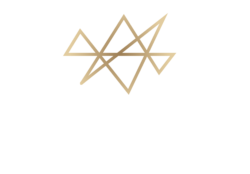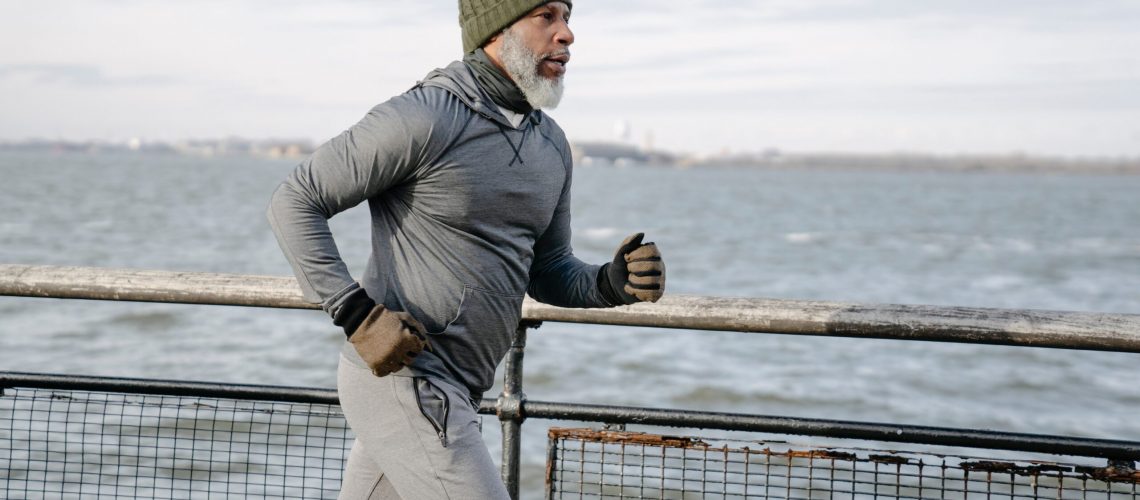One of the biggest challenges for the ageing athlete is the age-related loss in muscle mass. Muscle strength and size will start to decline after the age of 30. Generally, this decline will be slower for those who are active compared to inactive people, but this is dependent on two key factors: strength training and daily protein intake. Although good nutrition is important for everyone, more thought needs to go into nutrition for older athletes to help preserve muscle, support recovery, and maintain athletic performance. The definition of an older (or master) athlete varies, and so for the purpose of this article an ‘older’ athlete refers to an active person from around 40 years and over.
Energy and protein requirements
Although resting metabolic rate slightly decreases with age, which is partly due to reduced muscle mass, older athletes may have higher energy requirements compared to their inactive peers. Therefore, it can be difficult for those older athletes that want to manage their weight whilst still aiming to support their training. To make this easier, nutrition can be ‘periodised’ around training days, whereby energy intake might be slightly lower on low activity days. Like any athlete, older athletes should focus on quality of food to get all the nutrients that they need within their calorie requirements. Focus on complex carbohydrates, lean proteins, healthy fats, and a variety of fruits and vegetables.
The protein recommendations for athletes are between 1.3-2 grams of protein per kilogram of body weight per day depending on the type of sport. The older athlete should focus on the higher end of this range to maintain muscle tissue. For a 60-kilogram athlete that would equate to 78 -120 grams of protein a day.
Recovery
Recovering from hard training sessions take longer for an older person compared to younger individuals and so it’s important not to neglect recovery nutrition. After a training session, an intake of 20-25 grams of protein would be sufficient for younger athletes, but those closer to aged 50 and beyond may need higher relative amounts which would be closer to 30-40 grams of protein. Something like Greek yoghurt with cereal and fruit would be a great option post training.
Important nutrients
The decline in bone mass through ageing means that older individuals need to be mindful of meeting calcium and vitamin D requirements. Calcium is required to build and maintain bones and vitamin D helps with the absorption of calcium. Low vitamin D levels can result in tiredness, feeling weak, and achy muscles. The main source of vitamin D is through the action of sunlight on the skin. Limited food sources of vitamin D include oily fish, liver, eggs, and some fortified cereals and fat spreads. Sources of calcium include milk, cheese, yoghurt, sardines with bones, and soya drinks (with added calcium).
Omega 3 fats are important for heart and brain health, but omega fats also reduce inflammation and increase blood flow to muscles which is going to support recovery and help reduce muscle soreness. As with all adults, older athletes should try to include a portion of oily fish in the diet each week, such as salmon mackerel or sardines.
Hydration
Perception of thirst decreases with aging, along with a decrease in sweat rate and decreased kidney function. This means a person may not recognise thirst as quickly. During competitions such as a running event, a hydration plan should be put in place rather than relying only on thirst. You can crudely check urine status before exercise by checking the colour of your urine which should be a light straw colour. However, bear in mind that some medications and vitamin supplements can affect the colour.
Key points
- You may have reduced energy requirements as you get older, although this is very individual. Manage this by planning your nutrition around training and non-training days.
- Sufficient protein is required to offset muscle loss. Spread protein evenly across the day to feed the muscles.
- Getting sufficient vitamin D and omega 3 fats is important as you age. Have a portion of oily fish at least once a week.
- Ensure you are fully hydrated before exercise and have a hydration strategy in place for competitions.
Ann-Marie is a registered Sport and Exercise Nutritionist. If you would like to learn more about this topic or any other, please get in touch.



